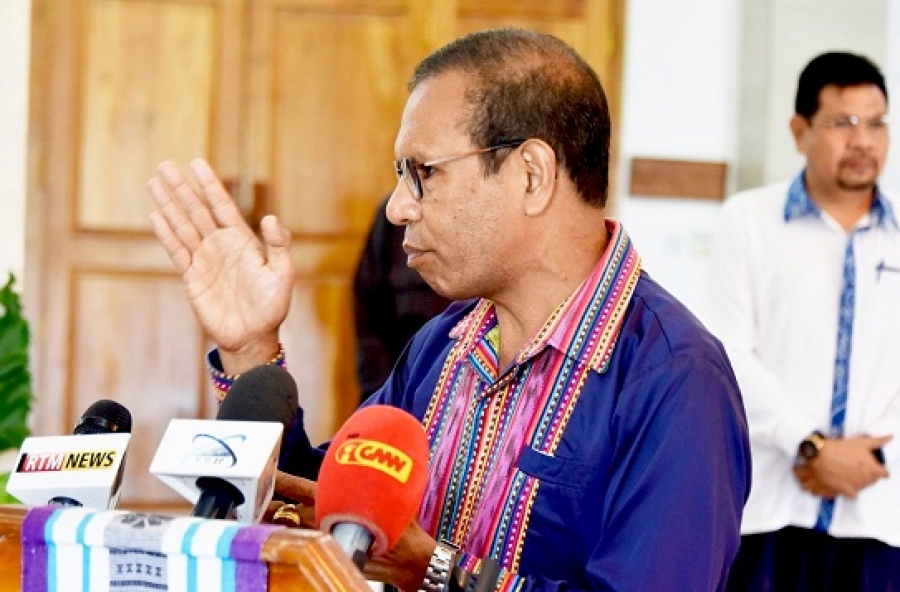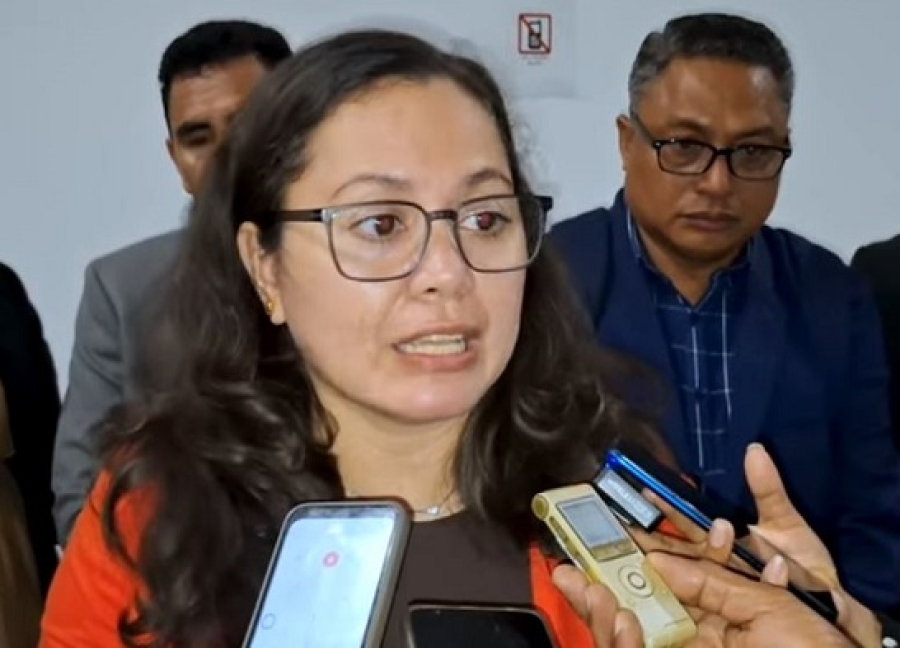The state of emergency includes suspension of passenger transport and enforcement of people wearing a mask when entering commercial and service places.
Commercial and service establishments, markets and street vendors are still allowed to operate in public, although people who can work from home are encouraged to do so.
Foreigners responsible for the transport of goods or release of imported goods must remain in the international zone of seaports, airports or land border posts.
Borders remain shut, and residents returning to Timor-Leste must pass a health check to be allowed out of quarantine.
Prime Minister Taur Matan Ruak, in announcing the restrictions in National Parliament on Thursday, urged citizens to remain calm and not fear for their lives.
"I ask all people not to panic against the State of Emergency,” he said. “The State of Emergency will only last for one month. The government has formed a team to help people. We will ensure all people can buy what they need.”
Ruak confirmed that the nation’s rice stocks could feed the population until July, urging people not to panic buy food.
On 24 March, Archbishop da Silva announced that all Easter celebrations in churches would be cancelled to avoid spreading the virus through church gatherings.
"People can celebrate in their own homes via radio and television. Although they will not receive Holy Communion, they can [unite] through a prayer of spiritual communion," Silva said.
The state of emergency is in force between 00:00 hours on March 28, 2020 and 23:59 hours on April 26, 2020 and applies to the entire country.







